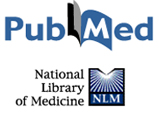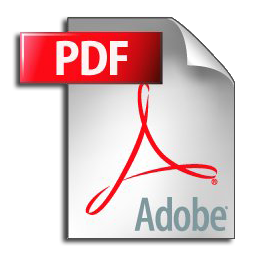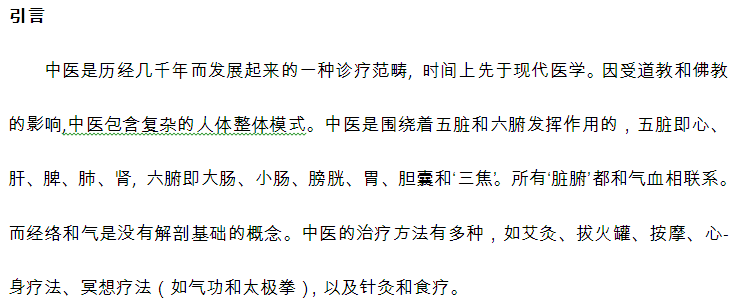AQTN's position on traditional chinese medicine based on scientific literatureScientific literary review on Traditional Chinese medicine (TCM) as complementary alternative medicine |
Last modification of Traditional Chinese medicine literary review: September 7, 2013
Excerpts from our Traditional Chinese medicine literary review:
TCM is an umbrella of modalities that has evolved considerably over the last few thousand years, a precursor to modern medicine. Influenced by Taoist and Buddhist philosophy, TCM encompasses a complex, holistic model of the body. TCM works around five solid organs, the heart, liver, spleen, lung, and kidney; and six hollow viscera - large & small intestine, urinary bladder, stomach, gall bladder and "triple burners". All are connected with Qi and blood. Meridians and Qi are concepts with no anatomical basis. There is lacking research of equivalent counterparts in conventional medicine for these. TCM incorporates multiple approaches, such as moxibustion, cupping, massage, mind.body therapy, meditative practices such as Qigong and Tai Chi, and dietary therapy in addition to acupuncture. Training in United States involves 3 or 4 years of full-time courses. It includes herbalism, massage, dietary therapy, and acupuncture and exercise programs. Most schools provide 500 hours or more of Western medial science. There is also a range of styles of acupuncture, such as traditional, classical, and auricular, among others.
Western medicine offers the most advanced medical care available in the world, and continues to advance and evolve as studies are added to the literature. Medical doctors (MD's) are truly experts on the leading-edge of modern medicine and technology. Yet the population where these medical doctors practice, America, is plagued with chronic obesity, diabetes, heart conditions, depression, etc. We don't see as much in the Eastern population. One theory is that TCM is a lifestyle, while an MD will intervene mainly in times of crisis. For example, people with an Asian culture typically use TCM for "tune ups", which implies more frequent visits, leading to stronger incentives for a better lifestyle. The American population is not listening to the Western medicine's guidelines for good health. Western Medical Doctors (MD's) are the best at treating acute illnesses, but is still trying to cope with how to deal with chronic illnesses. TCM results in less chronic illnesses because of lifestyle (some many argue shorter life span, etc.). An example to illustrate: advances in the understanding of molecular biology and carcinogenesis have led to the development and approval of new oral anticancer agents. This shifts the responsibility and power to maintain health from doctor to the patient in the community setting instead of a supervised clinical setting. In America, as in Canada, the relationship of a citizen with a medical doctor is usually on a need-basis, with many Canadians who do not even have a family doctor. TCM offers a stronger relationship with more frequent consultations.
The scientific community is still establishing the strength and validity of TCM as of 2013. Evidence is mounting that some of the products and practices have measurable clinical benefits. To get these integrated into Western medicine is simple, more research and trials need to be conducted with repeated positive findings. Western medicine will embrace TCM once this happens. There was a time when doctors did not wash their hands before delivering babies in hospitals. When it was discovered that this led to high infant mortality rate, "modern medicine" changed its practice - hands were washed, and more children survived birth. TCM still lacks evidence, and for a good reason, we need more comprehensive trials. Chinese clinical trials lack rigor. The data is self-reported and subject to recall bias. Methodological limitations are pronounced; therefore results must be interpreted with caution. Better designed and larger high quality randomized controlled trials are needed. The World Health Organization and the White House Commission on complementary alternative medicine both agree with the above: more clinical trials need to be carried out to establish the efficacy of TCM.
TCM will never replace Western medicine, but some of its practice may become increasingly integrated if more positive studies are produced. Multiple studies point to the efficacy of TCM when combined with Western medicine. They create a synergy wherein together they offer more than each separately. Used in conjunction with Western antipsychotic drugs, for example, provides benefits in terms of mental state, global functioning and a decrease of adverse effects.
Though its mechanisms are not yet discovered, there are a few prevalent theories. Herbal remedies likely works because it contains active ingredients, it is not a placebo. Yoga is exercise. Meditation is relaxation, improving the cardiovascular system, reducing brain activity, muscle stress and influences the sympathetic system on blood vessels, even controlling inflamation. Following acupuncture needle insertion, we notice deeper breathing and relaxation in patients, reducing undesirable (ex: stressful) brain activity and activating beneficial types of brain activity. The endorphin and serotonin hypothesis for acupuncture suggests that needling affects brain and cerebrospinal fluid levels. The needle may act to stimulate vascular and an immune system response, including locally occurring mediators of inflammation. Another leading hypothesis on acupuncture includes three factors, specific physiological effects from needling particular acupoints, nonspecific physiological effects from the micro trauma from the needles piercing the skin, and nonspecific psychological effects, related to a variety of sources such as treatment environment, patient expectations, practitioner intention, patient-provider rapport, and the natural history of the condition.
Pharmaceutical companies have already taken herbal medicines, studied it, extracted key ingredients and patented new drugs based on them. They refuse to share the results of their studies, protecting shareholders' interests. Scientists are slowly reproducing those studies done by pharmaceuticals. Research is slow, funding is scarce and coordination between scientists is limited. This can change if the research is centralized.
Traditional Chinese medicine worldwide:
Feel free to donate to our non-profit organization.
|




 Introducing TCM
Introducing TCM
